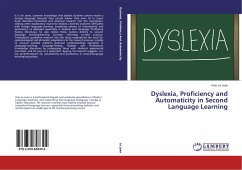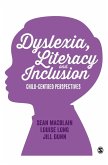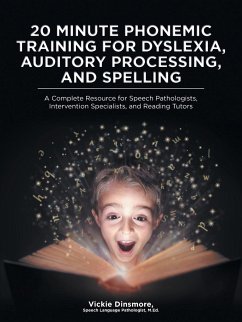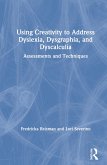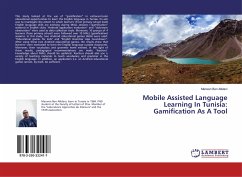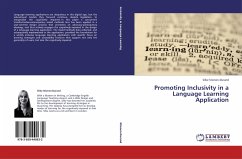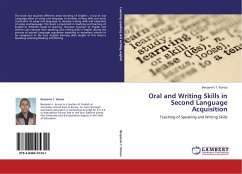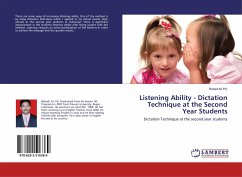It is, for some, 'common knowledge' that dyslexic students cannot master a foreign language 'because' they cannot master their own. Dr Le Juen's book describes theoretical and empirical research into this assumption, seeking other explanatory routes for dyslexic university students' difficulties with foreign language learning. Examining notions of 'automaticity' and 'proficiency' as deployed separately in Dyslexia and Language Proficiency Testing literatures, he also relates these notions directly to second language teaching/learning concepts informing current practice. Triangulated qualitative research into the issues engendered the need for epistemological and phronetic adaptations to the research process; notably to uncover possible collisions between understandings expressed in Language-Learning, Language-Testing, Dyslexia and Professional Knowledge literatures by juxtaposing these with students' experiential narratives, and his own as a researcher. Agency, his research suggests, is a key predeterminant for automaticity and proficiency in second-language learning/acquisition.
Bitte wählen Sie Ihr Anliegen aus.
Rechnungen
Retourenschein anfordern
Bestellstatus
Storno

